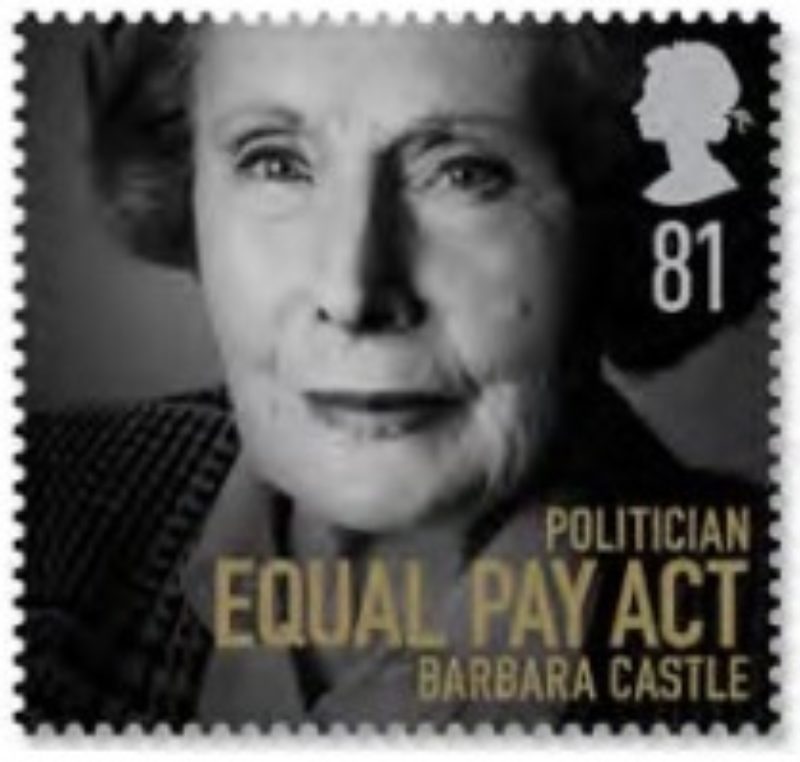Grahame Morris MP Working for Easington
Barbara Castle remains one of Labour’s most significant women and a pioneer of gender equality. Grahame Morris MP

This International Women’s Day we remember Labour’s ‘Red Queen’.
In 1945, Barbara Castle secured her place as a parliamentary candidate owing to the women of the Blackburn Labour Party, who had threatened to quit unless she was added to the otherwise all-male shortlist. The youngest of only twenty-four women elected, Castle soon began to make changes within the House of Commons. Upon her arrival, she pushed for the installation of a women’s toilet near the chamber – nicknamed ‘Barbara’s Castle’ – where there had previously only been a male one.
Castle was only the fourth woman to become a Cabinet Minister when she was appointed Minister for Overseas Development under Harold Wilson in 1964, and went on to occupy several Cabinet positions during her thirty-four years as an MP. Castle introduced the Equal Pay Act of 1970 following her successful intervention in a strike by female sewing machinists at the Ford factory in 1968. This legislation was a watershed moment in the fight for gender equality and formed the basis of subsequent legislation on women’s rights.
Despite being made a ‘Lady’ when her husband received a life peerage, she refused the title until she received one in her own right in 1990. Barbara Castle remains to this day one of Labour’s most significant women and a pioneer of gender equality.
